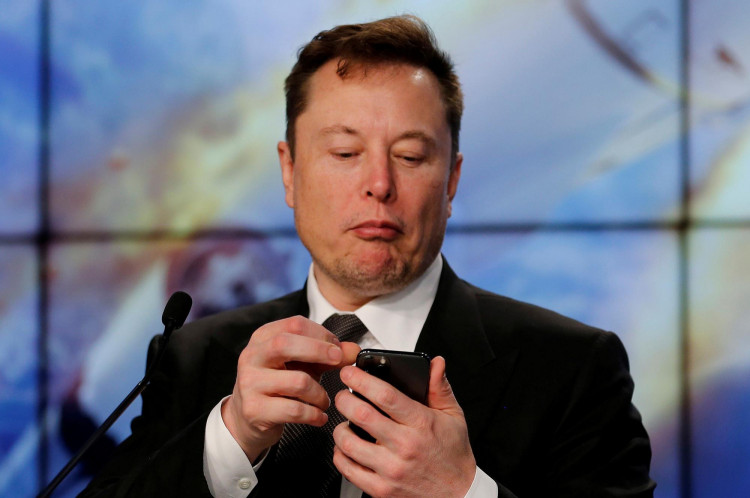Billionaire Elon Musk's vow to "go to war" over the H-1B visa program for skilled foreign workers has exposed a deep rift within President-elect Donald Trump's coalition, pitting the tech mogul and other industry leaders against Trump's long-standing anti-immigration supporters. Musk's fiery defense of the program and condemnation of critics as "hateful, unrepentant racists" has fueled an escalating debate over immigration policy within Trump's camp.
The H-1B visa program, a cornerstone for U.S. tech firms to attract highly skilled workers from abroad, has long been controversial. While industry leaders champion it as vital for maintaining competitiveness, critics argue it undermines job opportunities and wages for American workers. The debate has now taken center stage, with Musk becoming its most vocal proponent.
Musk's Fiery Pledge
On Friday, Musk, a naturalized U.S. citizen from South Africa, took to social media platform X to defend the visa program. "The reason I'm in America along with so many critical people who built SpaceX, Tesla, and hundreds of other companies that made America strong is because of H-1B," Musk declared. "I will go to war on this issue the likes of which you cannot possibly comprehend."
Musk's companies, including Tesla, are among the largest users of H-1B visas, securing 724 of them this year alone. The program allows U.S. companies to temporarily hire foreign workers in specialized fields, typically for three years with options for extensions or green card applications.
Musk's comments were directed at Trump's anti-immigration supporters, who have increasingly criticized the H-1B program. He accused a faction of the Republican Party of harboring racism that he said could "absolutely be the downfall" of the party if not addressed.
Escalating Tensions
The controversy began earlier this week when conservative activist Laura Loomer criticized Trump's appointment of Indian-American venture capitalist Sriram Krishnan as an adviser on artificial intelligence. Loomer claimed Krishnan's views on immigration conflicted with Trump's agenda, sparking a broader debate over the role of foreign-born professionals in the U.S.
The feud escalated when Musk's ally, biotech entrepreneur Vivek Ramaswamy, lambasted American culture for "venerating mediocrity over excellence." Musk defended Ramaswamy, further deepening the divide within Trump's coalition.
The backlash from Trump's base was swift. Loomer accused Musk of censorship on X, writing, "@elonmusk has been a Republican for 5 minutes and now he wants to decide who gets to be a Republican." Steve Bannon, a former Trump strategist, criticized "big tech oligarchs" for supporting H-1B visas and framed immigration as a broader threat to Western civilization.
Trump's Silence
President-elect Trump has so far avoided addressing the dispute, leaving his supporters and advisers to battle publicly. Historically, Trump has taken nuanced positions on immigration. While he has promised to deport undocumented immigrants and impose tariffs to protect American jobs, he has also expressed openness to increasing visas for skilled workers.
During a June podcast interview, Trump suggested international students graduating from U.S. universities should be offered green cards, stating, "If you graduate or you get a doctorate degree from a college, you should be able to stay in this country."
Tech Industry's Stance
The U.S. tech sector, heavily reliant on H-1B visas, has rallied behind Musk. Industry leaders argue the program is essential for filling gaps in the American workforce. Musk and others have emphasized the distinction between legal and illegal immigration, positioning the H-1B program as vital for maintaining U.S. innovation.
Musk's influence within Trump's inner circle has drawn scrutiny, with critics accusing him of leveraging his financial support-he spent over $250 million backing Trump's campaign-to shape policy.
What's Next?
Trump faces mounting pressure to clarify his stance on H-1B visas. Balancing the demands of his tech-industry allies and his anti-immigration base will be a critical test for the president-elect. Observers anticipate Trump will address the issue following his January 20 inauguration.






